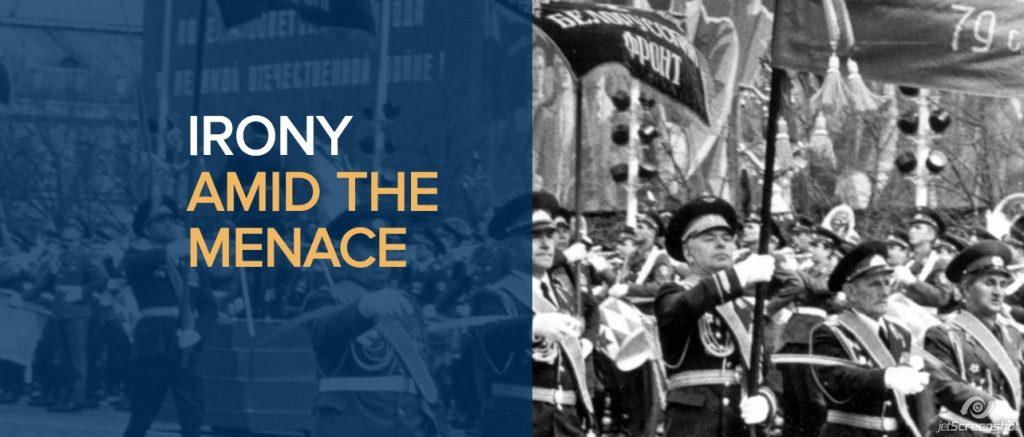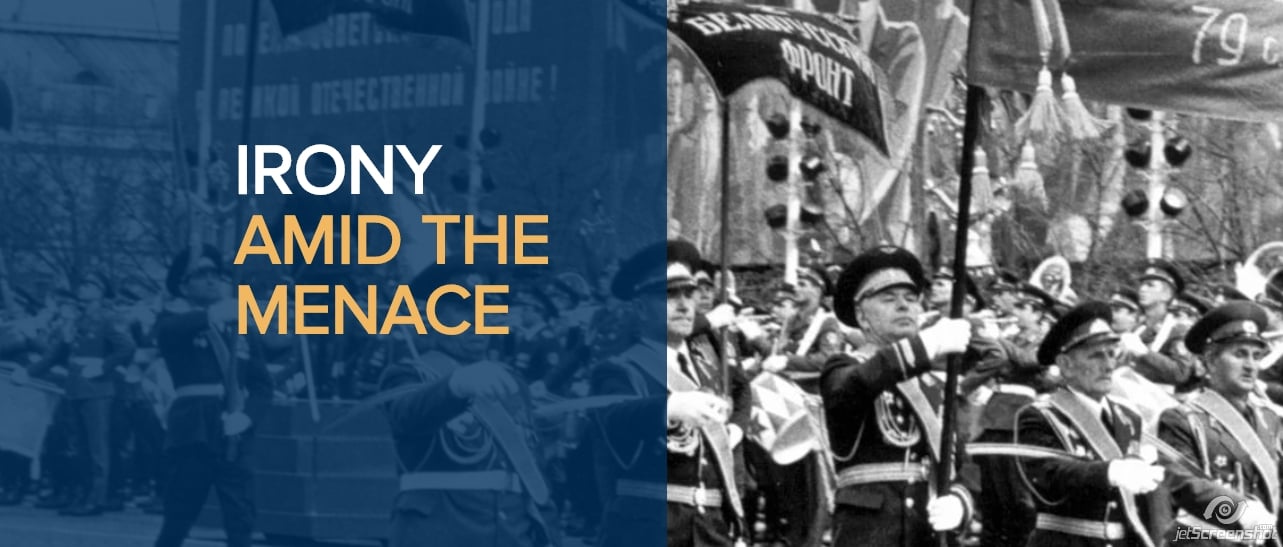
By Edward Lucas, for CEPA
Vladimir Putin is often criticized for his nostalgia for the USSR (he memorably called its collapse a “geopolitical catastrophe”). But many thousands of Russians in the “Soviet Citizens” movement take that view a step further. A majority of those taking part in the March 1991 referendum on the Soviet Union’s future, they argue, voted in favor of its continuation. It therefore follows that the Soviet Union’s dissolution following the failed coup against Mikhail Gorbachev was illegal and that the modern Russian state is a usurper. These nostalgic zealots have set up (or restored, they would argue) state structures. As the Moscow Times reported recently, the head of the “Politburo,” a retired Moscow surveyor named Valentina Reunova, also commands the KGB, finance, and justice ministries. Their current campaign is spreading conspiracy theories against the pandemic lockdown.
The Kremlin has a long history of infiltrating, manipulating, and even promoting extremist movements, so it would be wise not to take the “Soviet Citizens” at face value. It may suit the authorities to have such groups as safety valves. Their ire against the Russian authorities is only part of the message: all the other countries that gained or regained independence after the Soviet collapse are illegitimate too.
Those who spent the Cold War campaigning against communism will find irony amid the menace. From Estonia to Georgia, emigré organizations maintained governments-in-exile, diplomatic missions, political parties, and other physical and symbolic manifestations of statehood in order to contest the idea that the Soviet empire was permanent and legitimate.
In the end, it paid off. In December 1990, members of Poland’s government-in-exile were flown on a government plane from London to Warsaw, to hand over to a new, freely elected president, Lech Wałęsa, the insignia they had guarded since their predecessors fled in 1939. I still remember meeting Ernst Jaakson in September 1991 as he came to Washington, at the age of 86, to present his credentials as Estonia’s first ambassador (the interwar republic had only a legation). In the intervening decades Jaakson had served at the consulate-general in New York, representing a country that had been wiped from the map. Shortly afterwards I went to Lithuania’s embassy to be given a visa — using a pre-war stamp — by Stasys Lororaitis, another long-serving exiled diplomat and cherished symbol of statehood. The Ukrainian People’s Republic in Exile declared victory in 1992. The Rada (Council) of the Belarusian Democratic Republic keeps going, determinedly preserving the flickers of a brief episode of statehood in 1918-19 that nobody alive today remembers. In Trieste last summer, I encountered a campaign to restore the “Free Territory” that existed under Anglo-American protection from 1947 to 1954, arguing that Italy’s subsequent rule over the port city was both incompetent and illegal.
The big difference between these efforts and the “Soviet Citizens” movement is not about the level of determination or even the historical legitimacy involved. It is about motive. The captive nations of eastern Europe were victims of imperialism. They stood for the rule of law and political freedoms; they were crushed because these “bourgeois nationalist” ideas were a potent threat to the Soviet system, built on lies and terror.
The real counterpart for these nostalgic Russians is in Germany, where the “Reichsbürger” movement argues that the defeat of 1945 did not mean the legal dissolution of the Third Reich. The Federal Republic is a puppet state. They too issue documents and claim that the law does not apply to them. They too are silent about the crimes of the past. Perhaps they and their Russian friends should get together. They could even sign some kind of agreement. It happened before.
By Edward Lucas, for CEPA
Europe’s Edge is an online journal covering crucial topics in the transatlantic policy debate. All opinions are those of the author and do not necessarily represent the position or views of the institutions they represent or the Center for European Policy Analysis.





